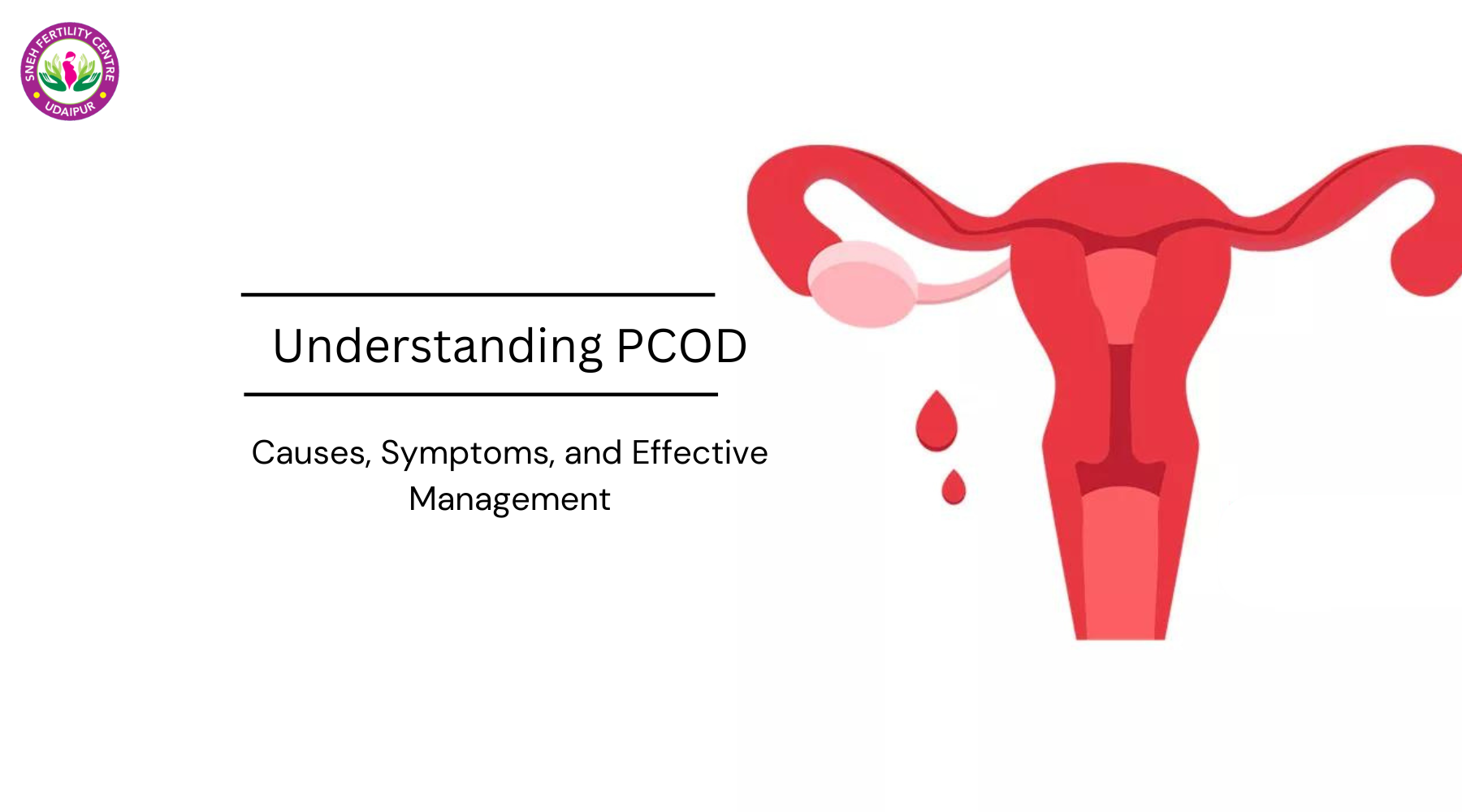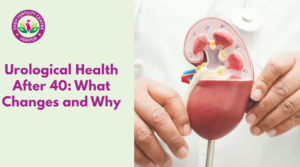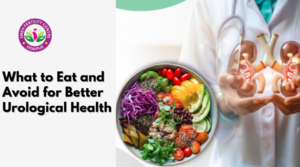Polycystic Ovarian Disease (PCOD) is a common hormonal disorder that affects millions of women worldwide. Despite its prevalence, PCOD is often misunderstood, leading to confusion, frustration, and a host of untreated symptoms for those affected. The condition can impact various aspects of a woman’s health, from menstrual cycles and weight gain to fertility and emotional well-being. If you’ve recently been diagnosed with PCOD or want to learn more about it, this guide will help you understand the causes, symptoms, and effective management strategies to live a healthier life.
What is PCOD?
PCOD, or Polycystic Ovarian Disease, is a condition where a woman’s ovaries produce a large number of immature or partially mature eggs. Over time, these eggs turn into cysts, which can disrupt hormonal balance and lead to an excess production of male hormones (androgens). This imbalance can result in various symptoms that affect a woman’s reproductive health and overall well-being.
While PCOD and Polycystic Ovary Syndrome (PCOS) are often used interchangeably, they are not the same. PCOS is a more severe metabolic condition, whereas PCOD is mainly a hormonal imbalance. However, both conditions share similar symptoms and management strategies.
Causes of PCOD
The exact cause of PCOD remains unknown, but several factors contribute to the development of this condition:
- Hormonal Imbalance: High levels of androgens (male hormones) interfere with the development of eggs and their release from the ovaries, causing PCOD.
- Genetics: A family history of PCOD or PCOS increases the likelihood of developing the condition.
- Insulin Resistance: Many women with PCOD experience insulin resistance, where the body’s cells don’t respond effectively to insulin. This can lead to higher insulin levels, which may stimulate the ovaries to produce more androgens.
- Lifestyle Factors: Poor diet, lack of exercise, and stress can exacerbate symptoms and potentially contribute to PCOD.
Common Symptoms of PCOD
PCOD can manifest through various symptoms that differ in intensity from person to person. Here are some of the most common symptoms associated with PCOD:
- Irregular Periods: Women with PCOD may experience infrequent, irregular, or prolonged menstrual cycles. This happens due to the lack of ovulation, which prevents the regular shedding of the uterine lining.
- Weight Gain: Hormonal imbalances, particularly insulin resistance, can make it easier to gain weight and harder to lose it. Weight gain in PCOD is often concentrated around the abdomen.
- Excess Hair Growth: Higher levels of androgens can lead to hirsutism, which is excessive hair growth on areas like the face, chest, back, and abdomen.
- Acne and Oily Skin: Increased androgen levels can also lead to skin problems, such as acne, oily skin, and even dandruff.
- Hair Thinning: While PCOD may cause excess hair growth in unwanted places, it can also lead to thinning hair on the scalp due to hormonal fluctuations.
- Fertility Challenges: Women with PCOD may struggle with ovulation, making it more challenging to conceive naturally.
- Mood Swings and Fatigue: Hormonal imbalances can contribute to mood changes, anxiety, depression, and general fatigue.
Effective Management Strategies for PCOD
While there is no cure for PCOD, there are several ways to manage the symptoms and maintain a balanced, healthy lifestyle. Here are some effective management strategies for PCOD:
Lifestyle Changes:
Medications:
Supplements and Natural Remedies:
Medical Procedures:
Regular Monitoring and Medical Support:
Living with PCOD: Tips for a Positive Outlook
Living with PCOD can be challenging, but with the right mindset and lifestyle choices, it’s possible to manage the condition effectively. Here are some additional tips for a positive and balanced approach to life with PCOD:
- Educate Yourself: Knowledge is power. Understanding your body and the condition can empower you to make informed decisions about your health.
- Set Realistic Goals: Managing PCOD is a journey. Set achievable goals, such as a healthy diet, regular exercise, or tracking symptoms, and celebrate small victories along the way.
- Seek Support: Join PCOD support groups or connect with others who share similar experiences. Having a support system can provide emotional relief and practical advice.
- Stay Positive: Remember that PCOD doesn’t define you. With the right care, it’s possible to lead a fulfilling and healthy life.
PCOD may present unique challenges, but understanding the causes, symptoms, and management options can empower you to take control of your health. Through lifestyle changes, medical support, and a proactive approach, you can effectively manage PCOD and improve your quality of life.
If you or someone you know is dealing with PCOD and needs further guidance, consider consulting a healthcare professional or fertility expert. For more insights, watch our detailed video on PCOD, where we break down this complex condition into easy-to-understand information.
Watch Our YouTube Video
For a more in-depth look at PCOD, including practical tips and expert advice, be sure to check out our YouTube video. If you’re looking to take the first step in managing your health and fertility, this video is packed with valuable information that can make a difference.
Feel free to contact us if you have any questions or need personalized assistance with PCOD management.






